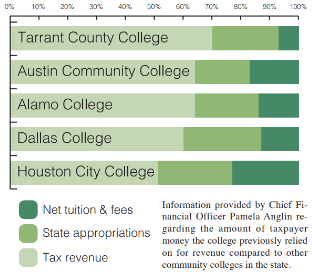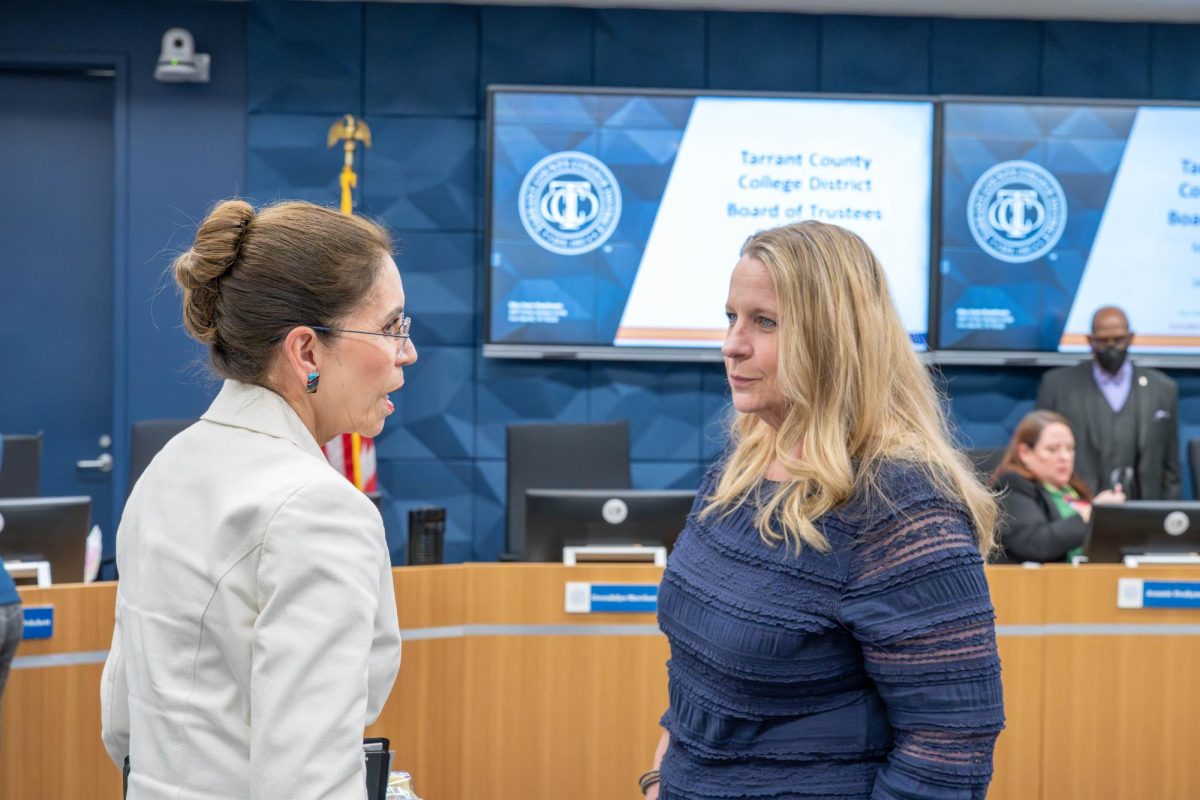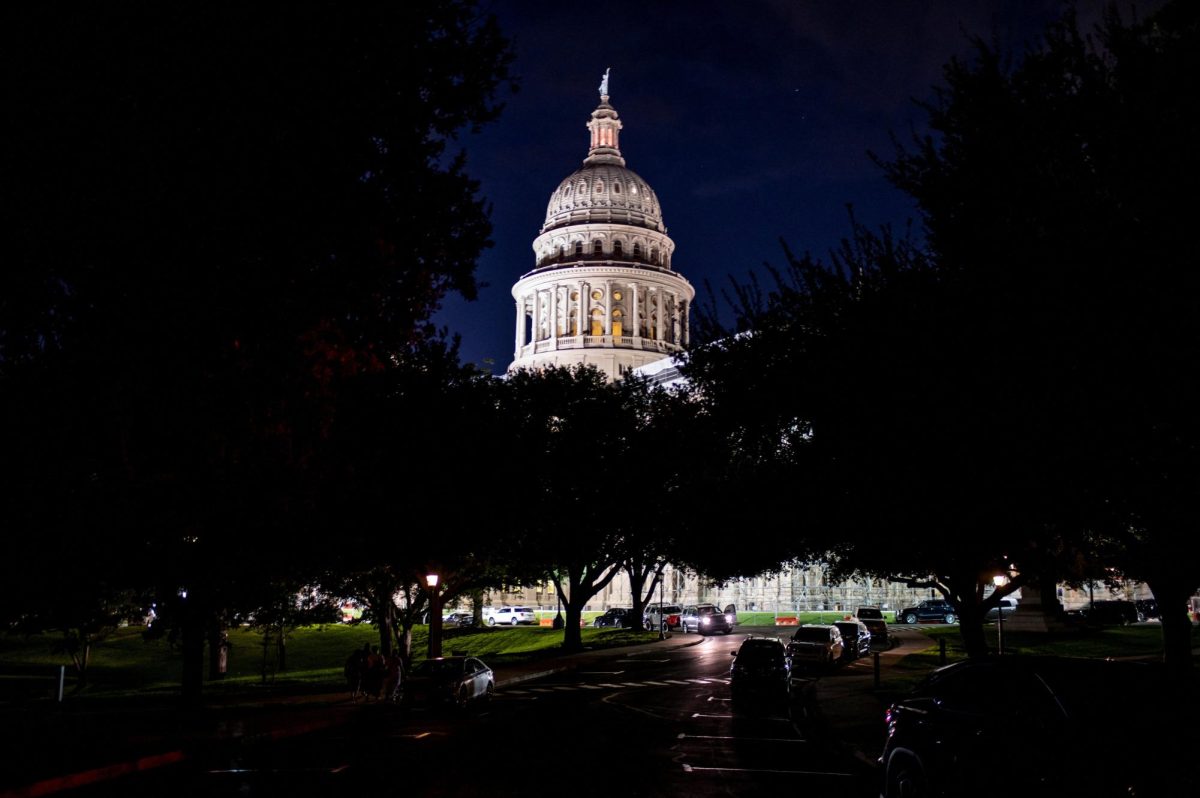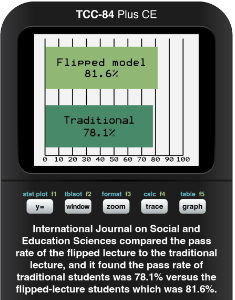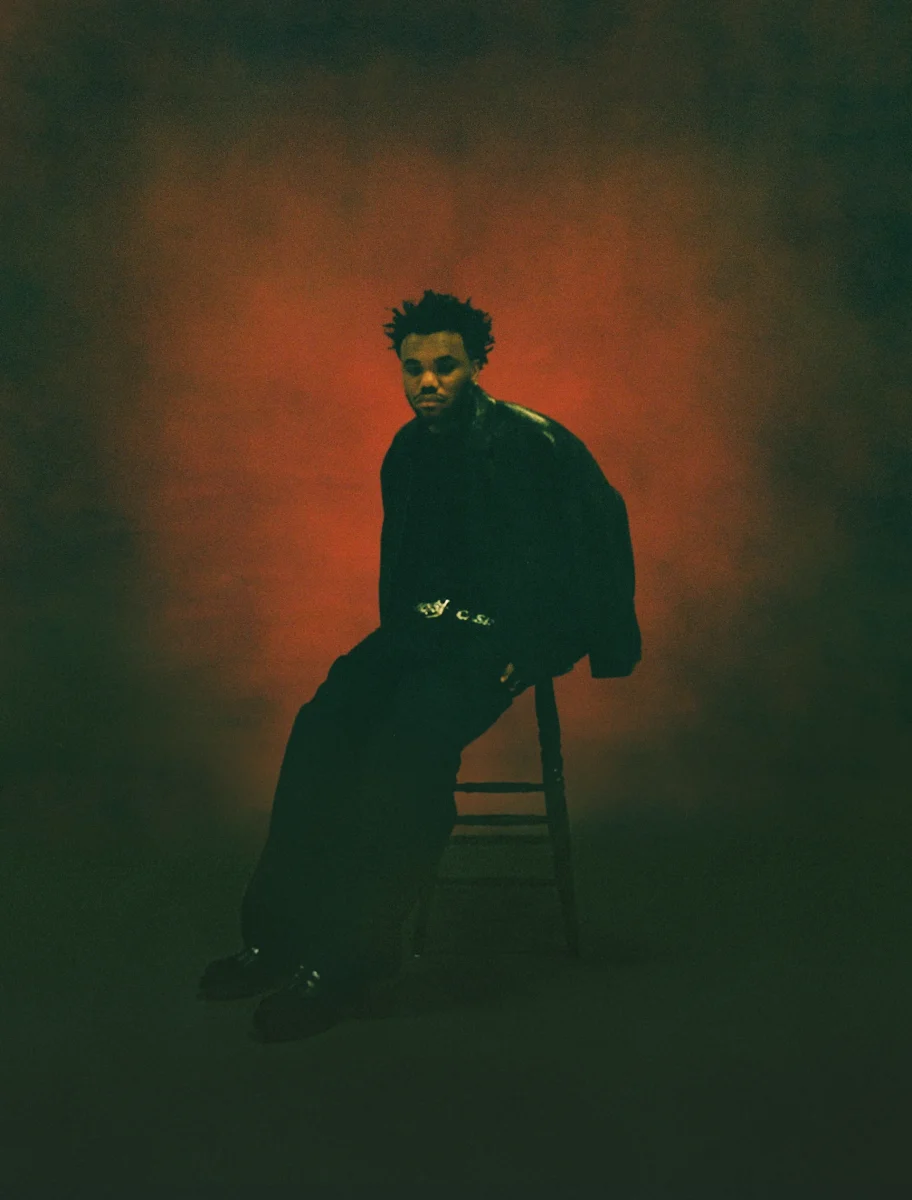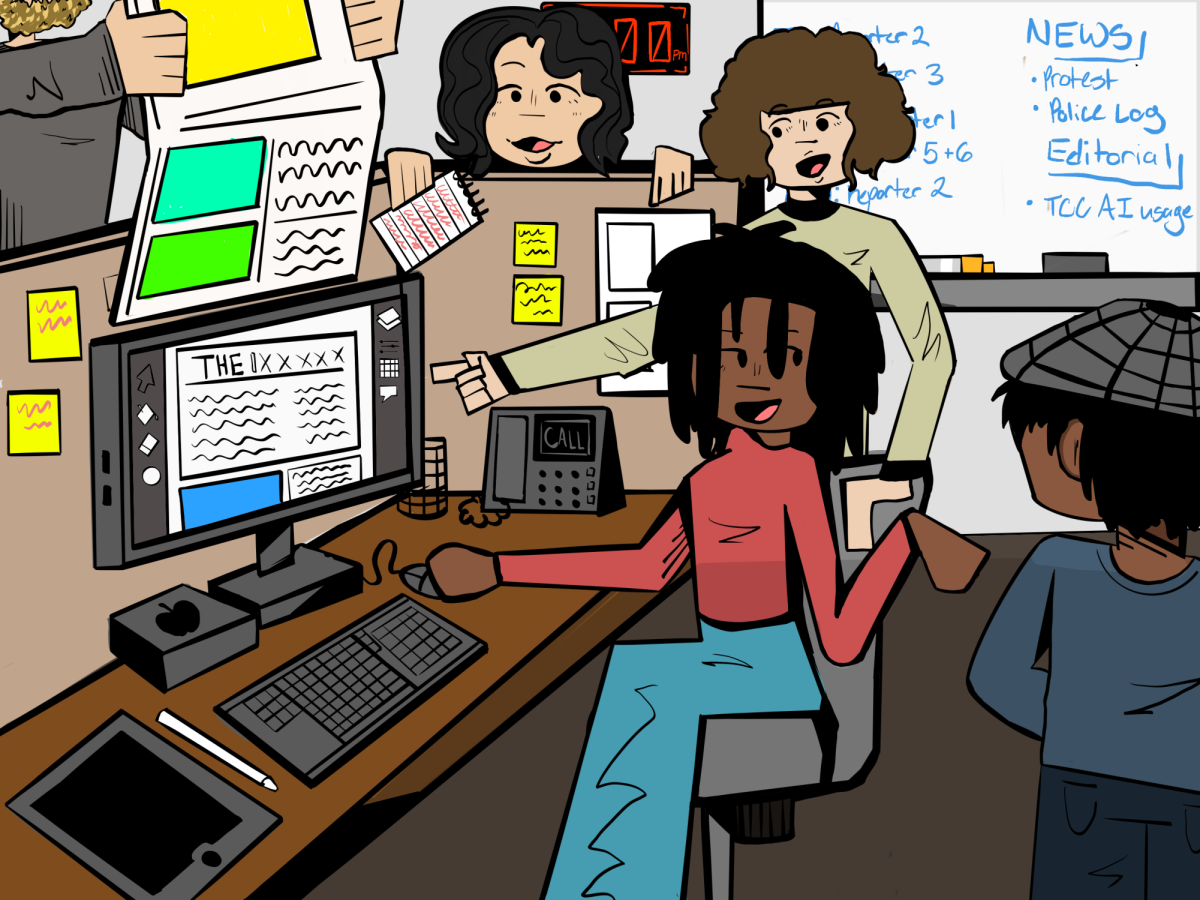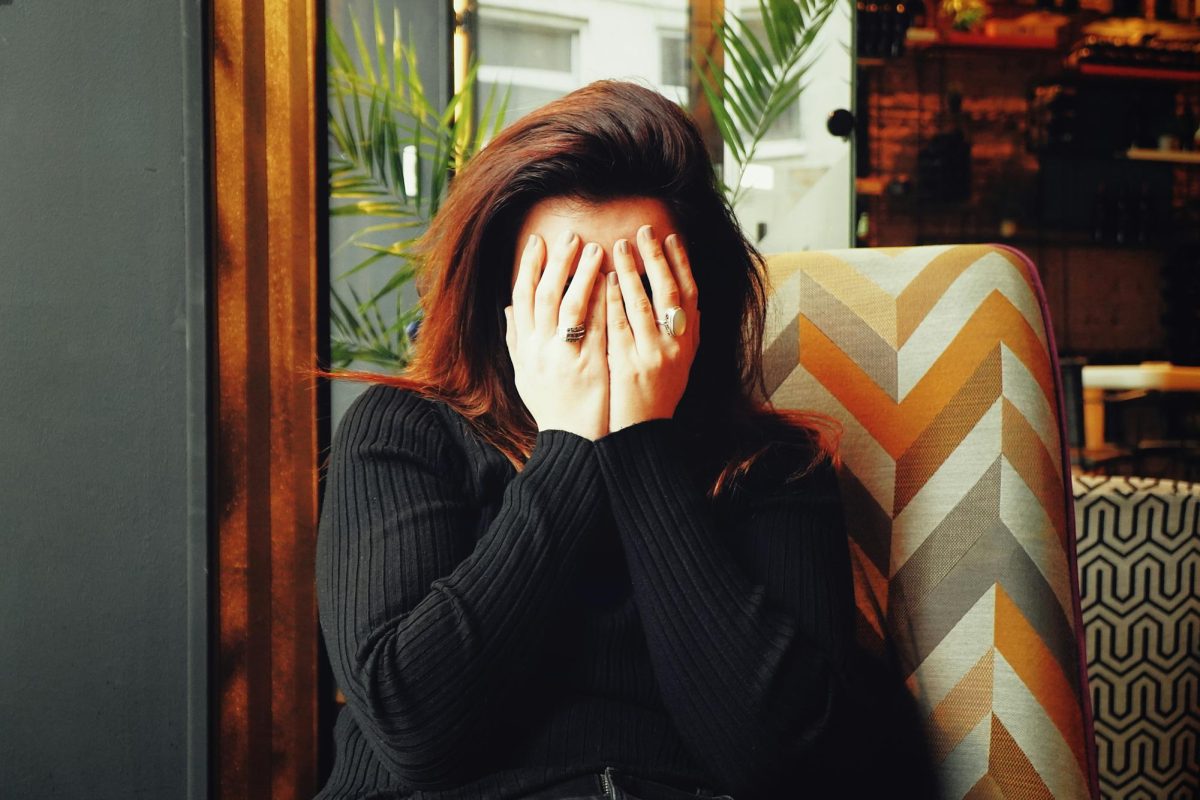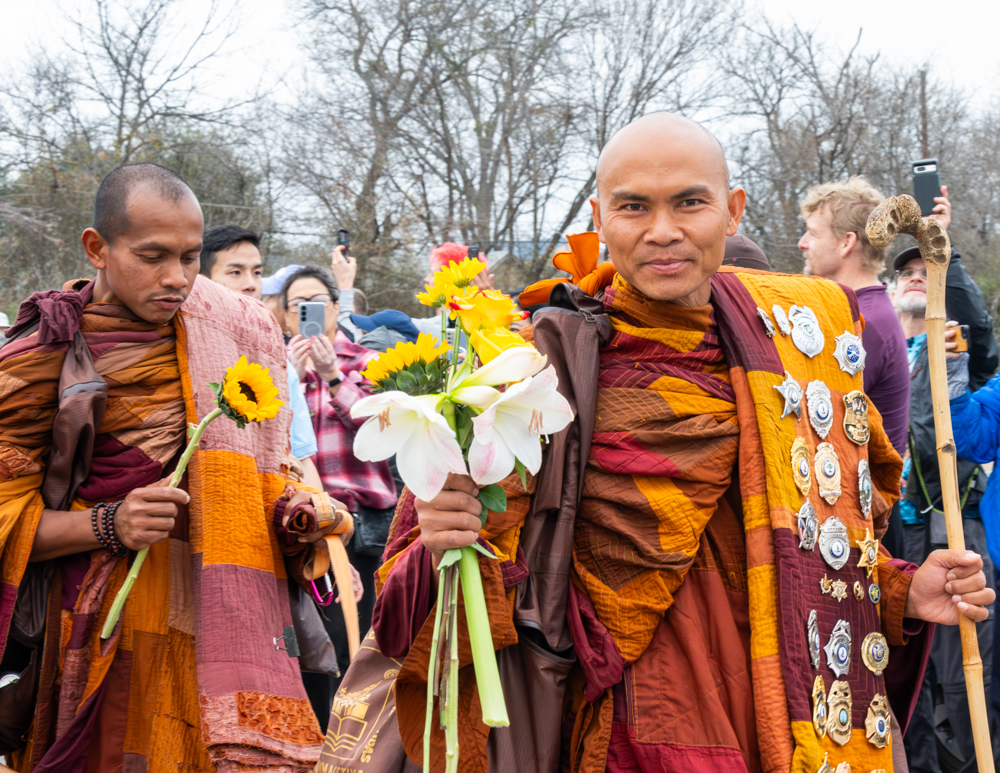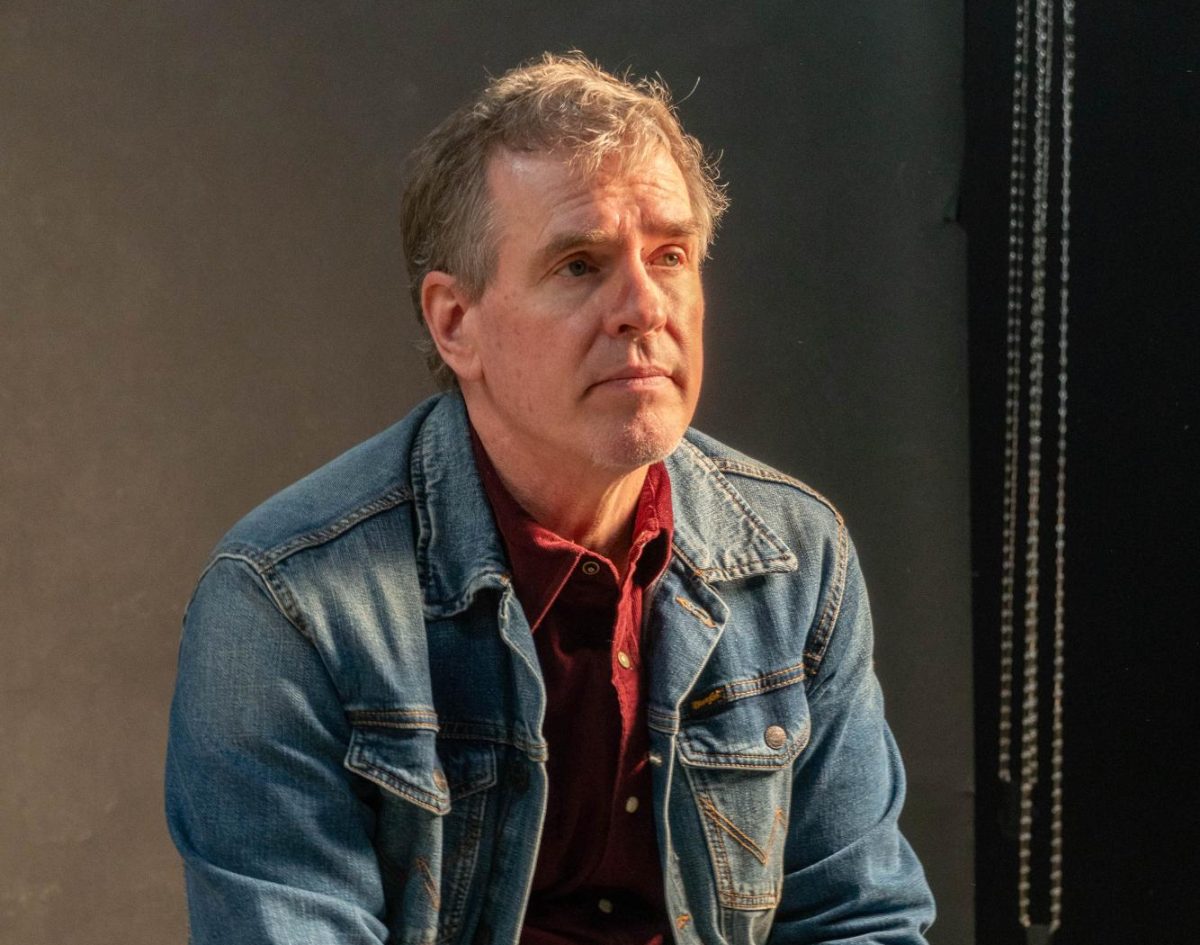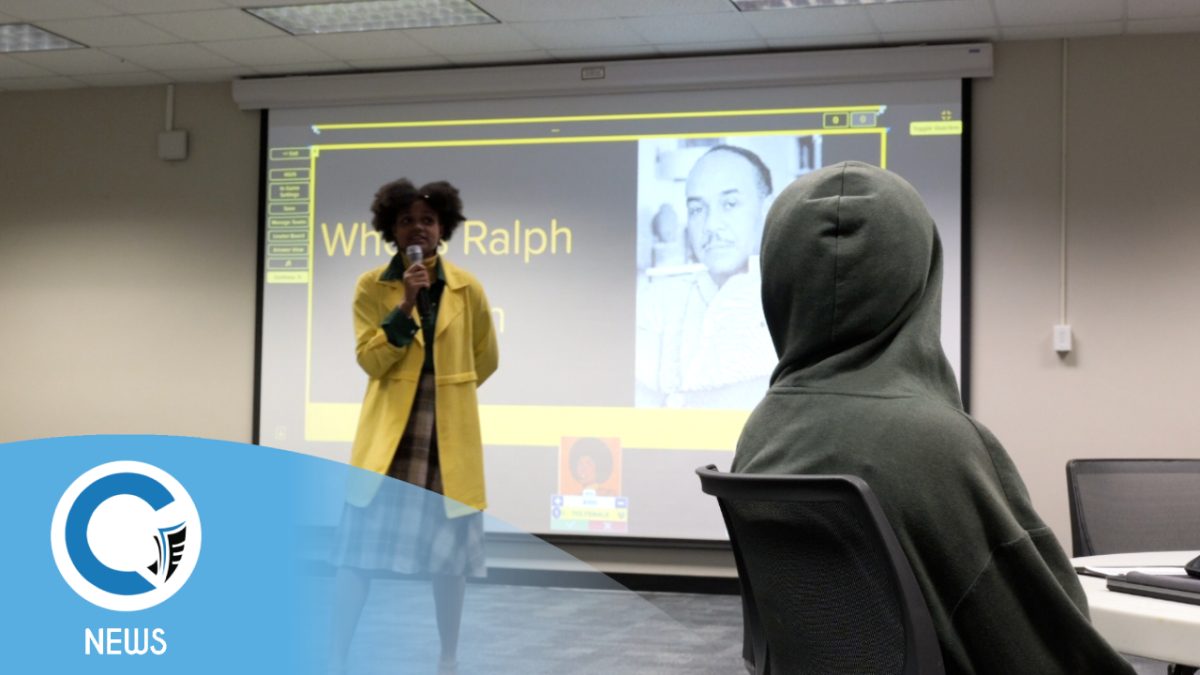By Ashley Bradley/ ne news editor
Writer Sonia Sanchez has dedicated her life to teaching others about the importance of peace.
During the Living Literature workshop March 24 and 25, Sanchez spoke about her life as an author, a poet, a professor and an activist.
In an interview, Sanchez said she has had to learn how to react to personal achievements.
“I come from the civil rights movement. You learn not to praise yourself. It was always the work and not you,” she said. “I’m learning how to accept praise.”
As she started her lecture Wednesday, she spent almost 10 minutes naming people she has worked with and studied in the 20th and 21st centuries, including Tupac Shakur, Rosa Parks, Gandhi, Bob Marley, Oprah Winfrey and Mos Def.
Later in the workshop, she discussed her closeness with Tupac’s mother who was a member of the Black Panthers. Because Sanchez knew Tupac as a child, she was shocked when she first heard his rhymes coming through her speakers.
“My kids brought a CD home and were blaring it really loud, and I asked, ‘Who is that?’ and they answer ‘Tupac Shakur,’” she said. “I dropped my tea cup.”
Sanchez wrote a poem in response to Tupac’s death called “When Ure Heart Turns Cold,” which is on her CD Full Moon of Sonia.
She said if violence weren’t so prominent in the way people live their lives, people like Tupac wouldn’t be killed. She said people are violent without even knowing it by practicing bad habits when it comes to talking about people.
“I asked some students of mine to not talk bad about others for one week,” she said. “They said they couldn’t do it. They like talking about people.”
She then described an exercise she had her classes practice. Sanchez pulled someone out of the audience and had the woman place a hand on her heart.
“Put your right hand on their heart and just listen to their heartbeat,” she said. “After a couple times, you will not hit, talk about and eventually want to kill anyone.”
She talked about her recent run-in with the law. As a member of Grandmothers for Peace, she joined a group to protest the war in Iraq. While standing in a building, the group was asked to leave. After they refused, the police were called. They arrived and wanted to place handcuffs on the women, most above the age of 70.
“I asked, ‘Why? We’re not trying to escape. We’re trying to stay,’” she said.
Finally, a police officer, a former student, recognized Sanchez. She helped release the group and told Sanchez it was because she had left a major impact on her.
As Sanchez was leaving the building, a National Public Radio reporter approached her and asked what she would have done if she had been taken to boot camp.
“I would have done push-ups for peace,” Sanchez said.
As Sanchez spoke in Center Corner the two days, the audiences often fell still, moving their eyelids only to blink in Sanchez’s direction.
“She’s an elderly lady and still full of spark and spunk,” said NE student Vanessa Berry. “She’s inspirational.”
English associate professor Rebecca Balcarcel got the chance to eat dinner with Sanchez. She said even in person Sanchez is a strong person and sticks up for her convictions. Balcarcel said she learned that Sanchez has been a vegetarian for the past 35 years.
“She has faith in people’s ability to learn to respect each other, and I like that,” Balcarcel said.
Sanchez said throughout her work she has been striving for one purpose.
“I keep trying to answer the question ‘What does it mean to be human?’” she said.
Sanchez said she was the first person in history to teach a course on African-American women.
“I didn’t know I was making history when I did it. But I did it for the need of the students,” she said.
The course was called “The Black Woman” and was a suggestion she made off-handedly during another course she was teaching. The following day, her students demanded a class for African-American women.
Sanchez said teaching has become second-nature to her.
“You begin to live a book. You begin to live teaching. It’s in your bloodstream,” she said.


